President Donald Trump’s Tax Cut and Jobs Act had an astounding affect on the U.S. economy. The stock market has rocketed upwards, blasting past 25,000 points, businesses have been giving employees $1,000 bonuses and increasing minimum wages, and more companies are expanding during the bull market. Furthermore, since the corporate tax rate was slashed from 35 percent to 21 percent, businesses who originally kept their cash overseas are repatriating money to the homeland, causing an uptick in tax dollars for state and localities.
In response to the sweeping federal tax reforms, the General Assembly may have to come to session again this fall to determine the effects of Trump’s tax plan and adjust the Virginia tax code. A meeting between Governor Ralph Northam’s finance delegation and members of the House Appropriations Committee on Wednesday morning occurred to discuss the uncertain future of Virginia’s tax code and revenue.
According to a report from the Richmond Times-Dispatch (RTD), House Appropriations Committee Chairman Delegate Chris Jones (R-Suffolk) is currently considering the new meeting this fall. “We would probably want to meet some time after October 1 in special session,” he told Northam’s finance officials on Wednesday after learning the situtation.
Virginia Secretary of Finance Aubrey Layne and subsequent tax officials presented new findings to lawmakers, claiming the state will not have a “good idea” of how the enactment of Trump’s tax reforms will affect Virginia taxpayers and state revenue collections. They explained that more information is vital to analyze the state tax situation. Further findings will come forth after the extended filing deadline for 2017 federal income tax returns ends in September of this year.
“We won’t have the answers while you’re in session,” Layne bluntly told the Appropriations Committee. In a briefing session on state revenues, figures showed state income tax collections would be growing by twice the rate projected in the budget for the first seven months of the year. Though, Northam has not indicated any final desicion of a special session to discuss reform of the state tax code.
Even though the General Assembly will introduce versions of the budget on Sunday, Senate Majority Leader Tommy Norment (R-James City) also believes it is too soon to make a call. Senator Norment, who is also the co-chairman of the Senate Finance Committee, said, “My reaction is it’s a little premature for us to be talking about a special session in October.” Additionally, he stated, “I think we’re going to have to work our way through our budget process a little more.”
The full schedule of the Virginia legislature’s actions will not end by the March 10 adjournment date. The General Assembly is already set to reconvene on April 18 to discuss Northam’s proposed amendments to the state budget and legislative vetoes. In reference to federal bills making their way through both houses of Congress, Norment added, “We’re watching what’s going on in Washington very carefully.”
The decrease in the corporate tax rate has allowed Virginia to collect a monumental amount of revenue this fiscal year. State revenue has risen by 5.8 percent, compared to just a 3.4 precent increase that was originally projected. As of now, individual income tax collections, which make up 70 percent of state-collected revenue, are running a double the annual forecast for the first seven months of the fiscal year, more than $400 million ahead of projections.
In the RTD report, Layne also urged the House on one stipulation. Soaring increases in estimated income tax payments not withheld from paychecks in the past two months may have had a lot to do with savvy tax planning by wealthy individuals wishing to limit their federal liability by maximizing their early payment of state taxes. “I would be very careful,” Layne told the House Approprations Committee on Wednesday.
For Sunday’s two-year budget release, leaders in the General Assembly will not account for additional state revenue via increased collections. “We’re not going to spend any extra in what comes out on Sunday,” Jones said, claiming both delegations should have a conservative approach.
The biggest unknown factor for revenue lies with non-withholding income taxes. Although they have fallen in the past, this year they have soared by over 145 percent after the signing of the Tax Cut and Jobs Act. As well, there is a mystery of why 400 Virginia tax payers sent the state government a combined $150 million in payment checks – all were new filers. The jump may be indicative of massive gains in the stock market or increased income from sole proprietors and businesses. According to Layne, one check sent in December totaled $20 million.
Disregarding the high-roller payments, the totality of the state’s tax revenue projection is stable. Layne told the House committee, “At the end of the day, our revenues are still good.”


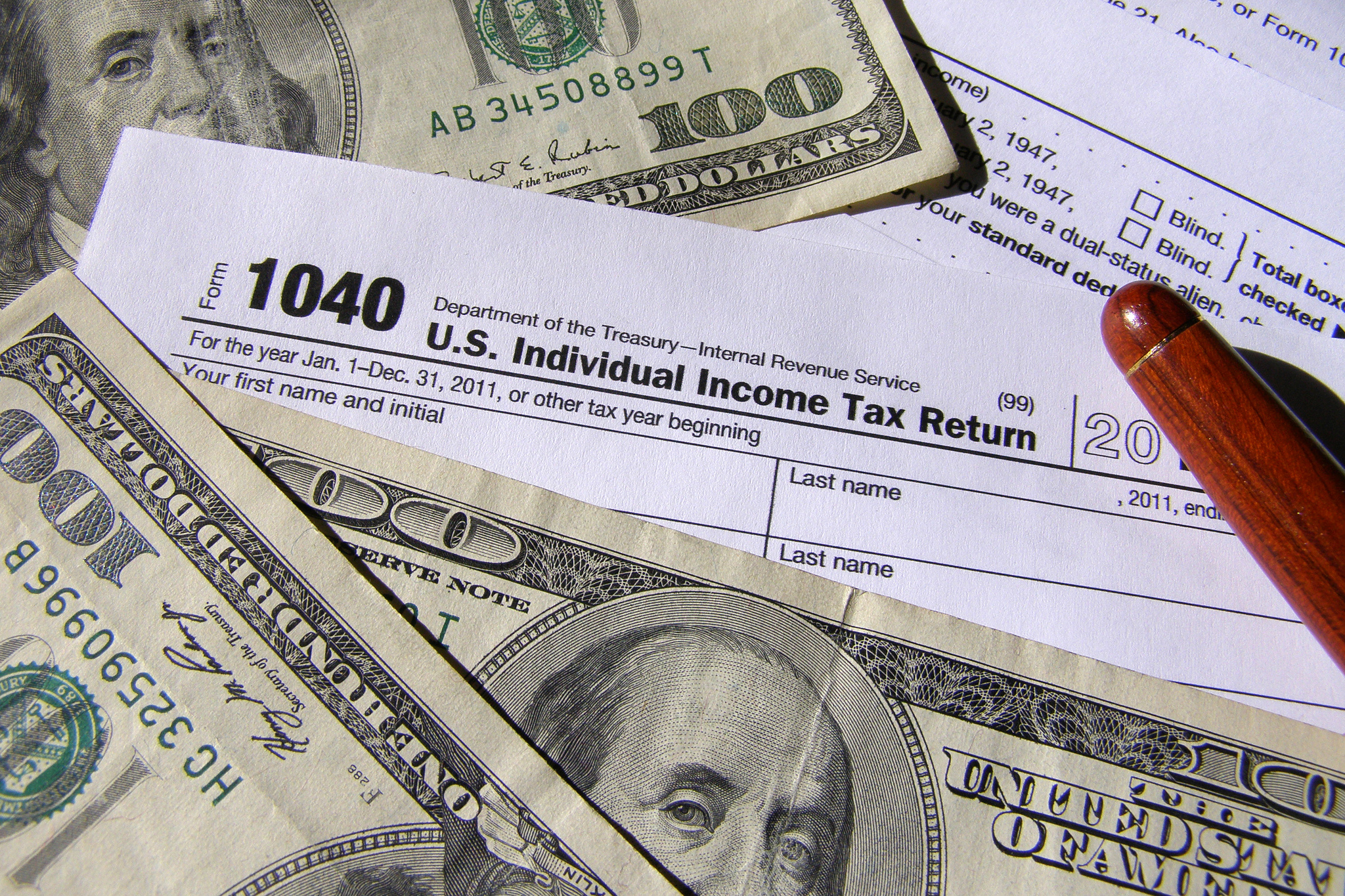
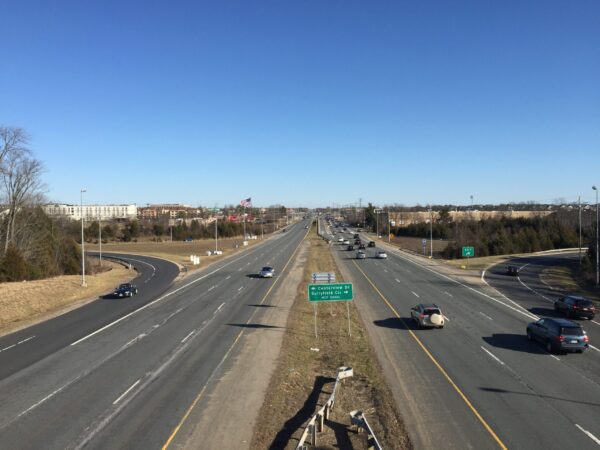
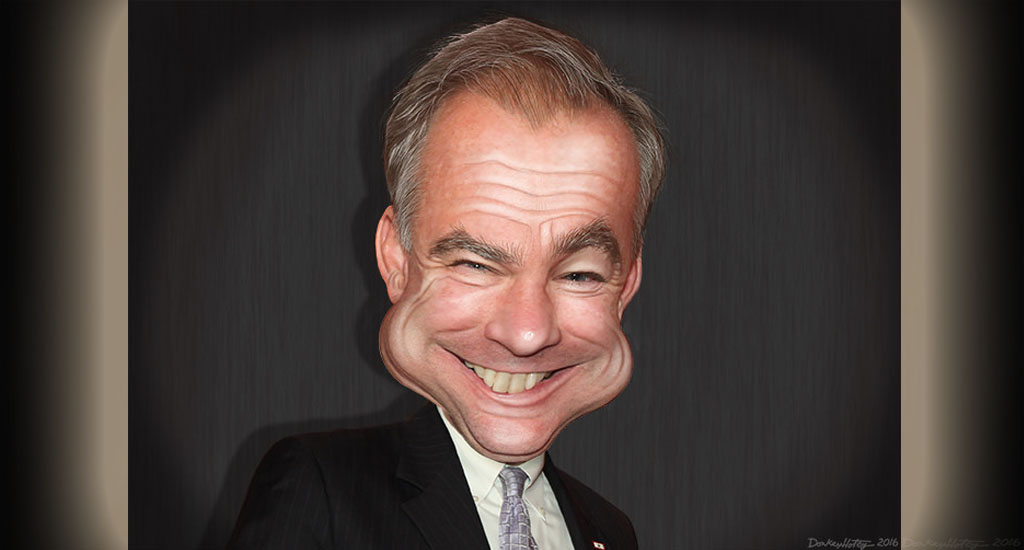
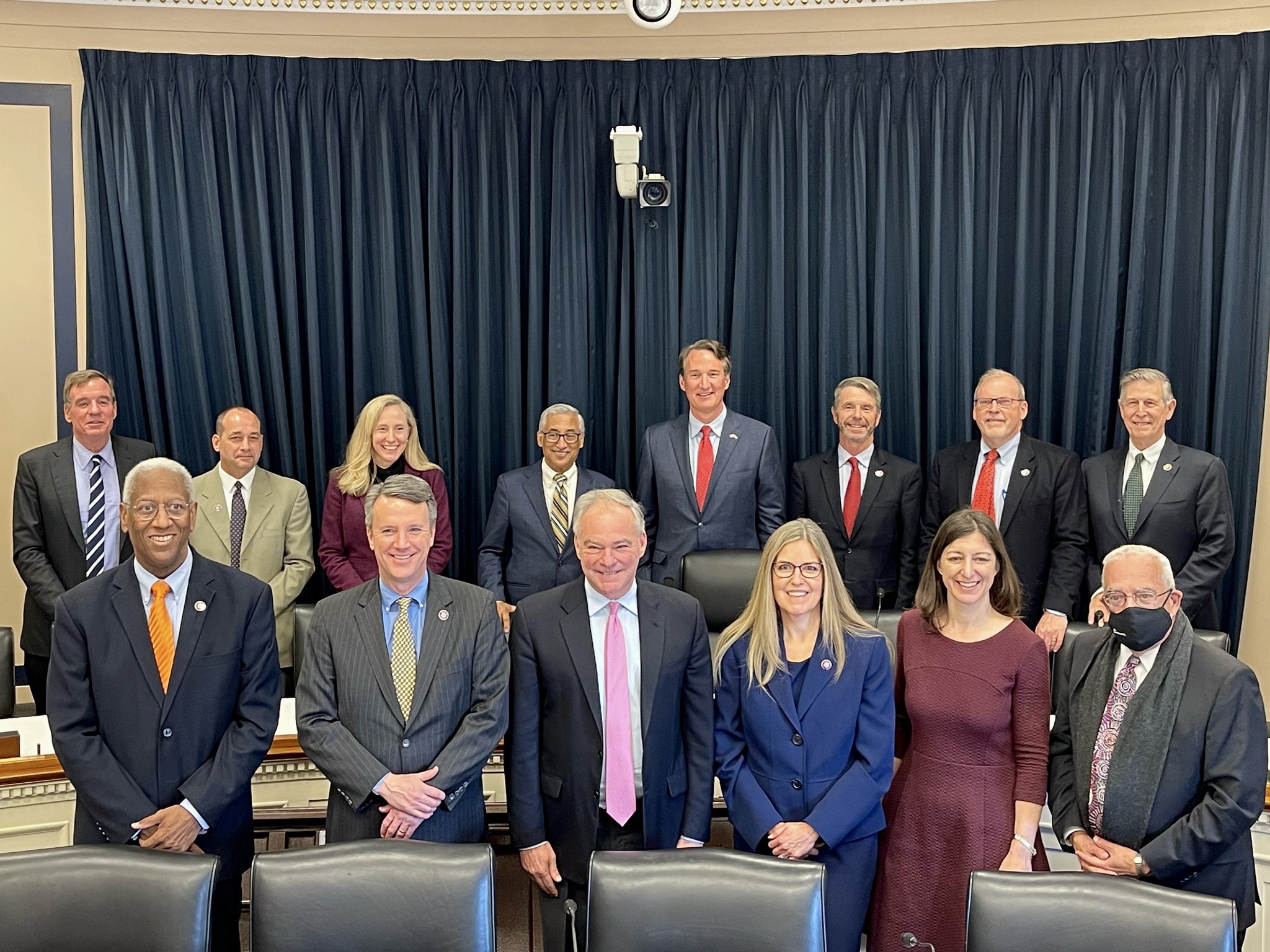
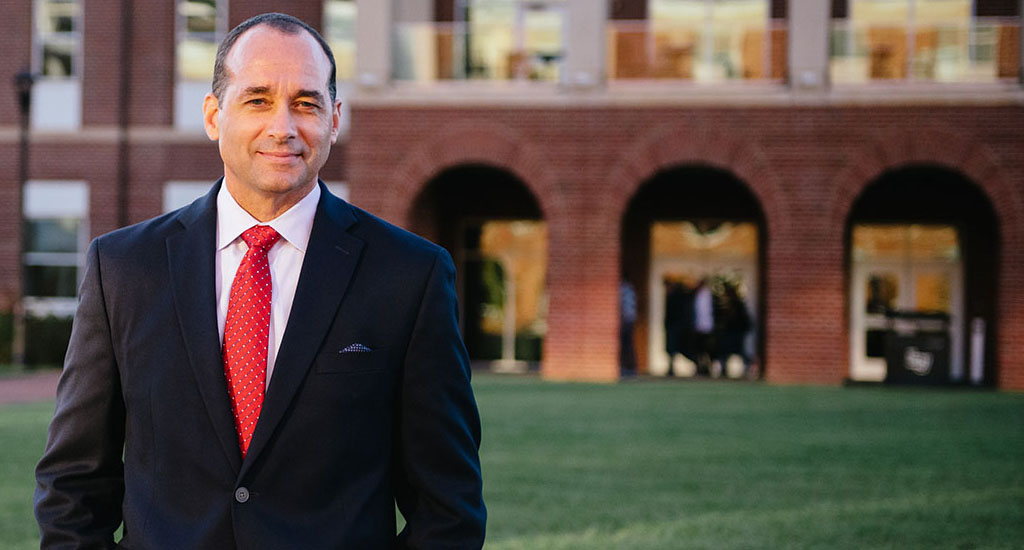
1 Comment
[…] extra $400 million from income tax payments could come surging into Virginia’s coffers from the federal tax […]
Comments are closed.